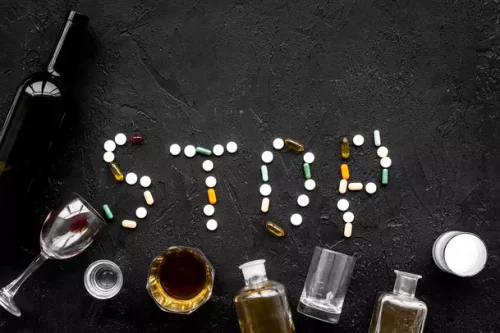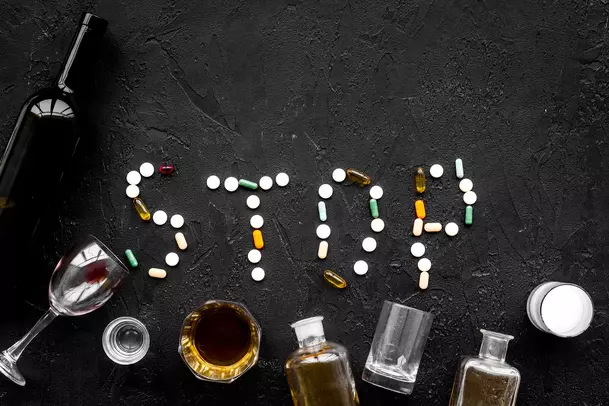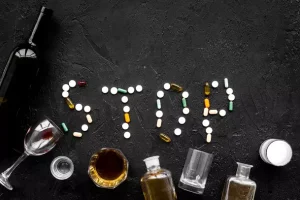Marriage After Sobriety: What to Expect

The decision to pursue sobriety is major and life-changing, both for the addict and for the spouse. It can take a toll physically, as the person in recovery is going through withdrawal symptoms that can be very intense. It may be impossible for a spouse to care for a partner who is experiencing nausea and vomiting, fatigue, lethargy, lack of appetite, and excessive sweating and bodily shaking.
Is couples therapy helpful in recovering from addiction-related issues?
- Recovery can also sometimes uncover underlying mental health conditions that have contributed to substance use disorder.
- If you’re having a hard time identifying these negative emotions, that’s okay.
- We drank and chain-smoked in our respective lawn chairs.
A Spouse’s Guide to Alcoholism Recovery, Sheri and I worked together to write our new ebook from her perspective. It is her story of learning to love me again, and it covers topics we never imagined we would face when I got sober and started on the path to beating my disease. Letting go of someone you love with an addiction can be one of the hardest things to do. It’s important to remember that you can’t force someone to change or get help – they have to want it for themselves. Seek support from professionals or support groups, and remember to take care of your own mental and emotional health. It is not merely the effects of drugs marriage changes after sobriety and alcohol, however, that negatively impact marriages.
What are the biggest challenges in rebuilding trust after an addiction?

Drug addiction and alcoholism do not typically emerge out of the blue; they develop slowly over time. Recognizing the root causes that fueled those dependencies is a crucial component of rehab and a vital part of marital healing. If you are in such a relationship, you know just how hard it can be to recover. Some marriages can survive addiction, but unfortunately, some cannot. This is where the AA phrase, “Alcohol was but a symptom” can be most understood. The problems that led your loved one to their addiction likely still exist without their substance.

If you’re seeking support…
Looking back and seeing that you did everything you could to help them will give you the ability to see your courage and tolerance. If you’re in a marriage where one partner is struggling with alcoholism, it’s important to get help. There are resources available to help you deal with the problem. Alcoholism is a serious disease, but it can be overcome with treatment and support. My wife, Sheri, and I, have recorded Untoxicated Podcast episodes about our relationship struggles, and they have both been downloaded over 400% more than our third top https://ecosoberhouse.com/ rated episode.
- Support groups are another helpful resource, where you and your spouse can learn from the experiences of others and receive support from those who have been where you are.
- When one partner decides to change their behavior (quit using drugs and alcohol), it causes ripples throughout the family system.
- Sobriety topples these roles, and the partners realize they don’t even know how to talk to each other.
- Be engaged in their treatment, and work on healing the relationship.
- With all the changes that come to relationships with sobriety, there can be feelings of guilt, anger, sadness, shame, and more.
They may coddle what is alcoholism their addicted partner and engage in enabling behaviors to prevent them from suffering. Drug and alcohol abuse has a negative effect on any marriage. Drugs and alcohol dramatically change a person’s behavior.
- Arguing with your spouse, getting shit-faced, and venting to your friends, then waking up the next day pretending it didn’t happen is no longer an option.
- I don’t think my husband and I ever really knew each other until I got sober.
- If anything, the result can be a vicious spiral for both partners.
- It’s difficult to understand something we’ve never been through, but do your best to empathize with your partner’s addiction.
- Sometimes people discover who they really are in recovery and grow apart.
- In Codependency for Dummies, I term these roles Underdog and Top Dog.
Individualized, evidence based treatment, to fit your needs.

Depending on how long the habit has persisted, some patterns have already become entrenched. New or inverted roles have been formed due to one partner abandoning some functions and the other adopting those roles. The person with the substance abuse disorder has become dependent and unreliable while the other is the super fixer. They feel they are not enough or wanted once the former addict becomes a full functioning independent adult and may walk out of the marriage. Hopefully, there are recovery marriage after rehab programs for them.